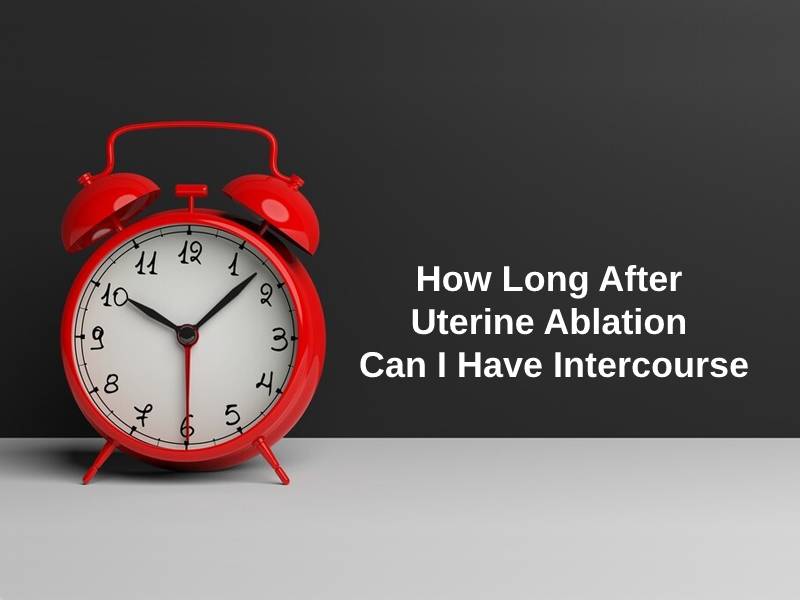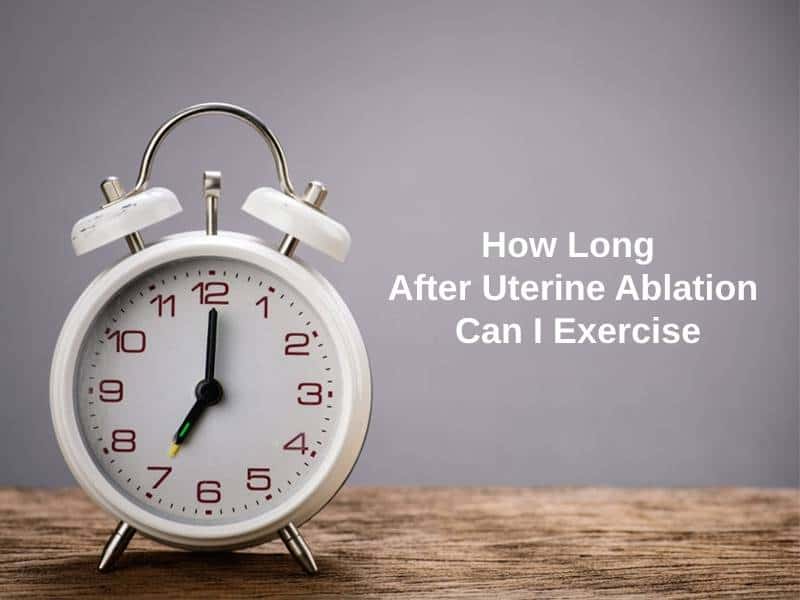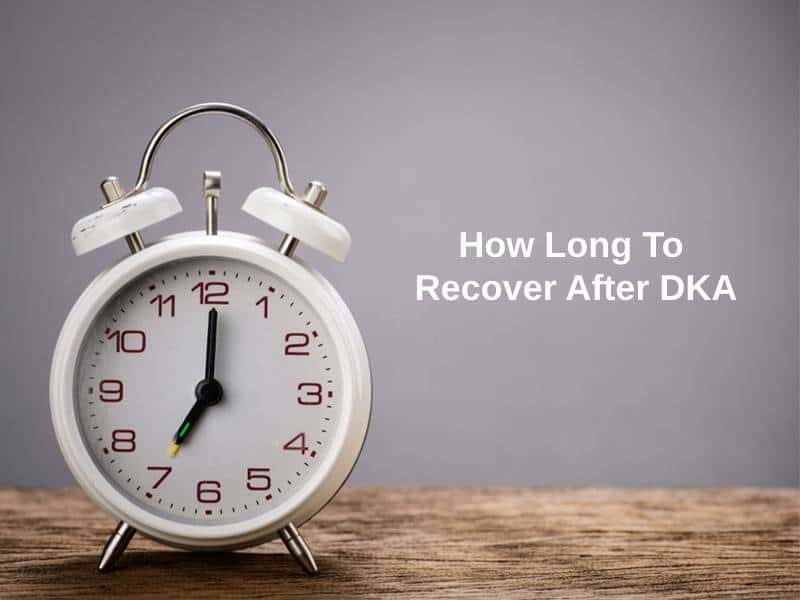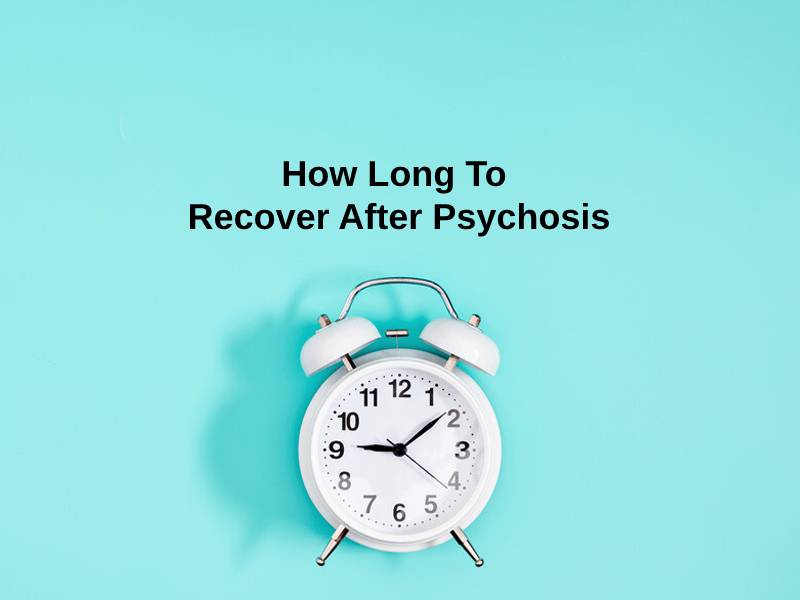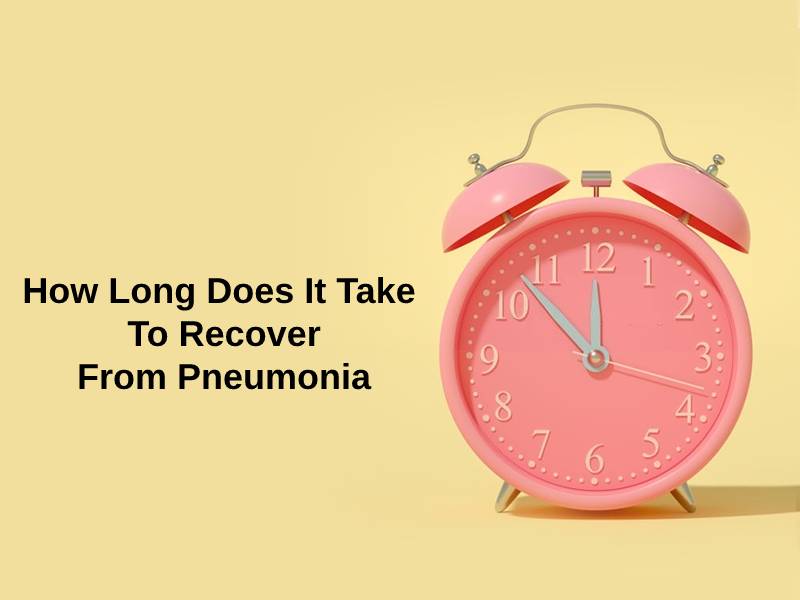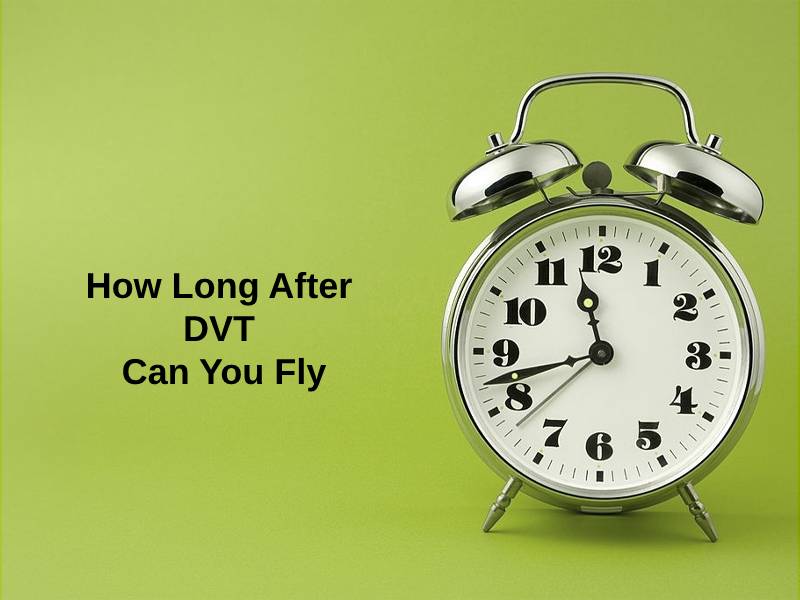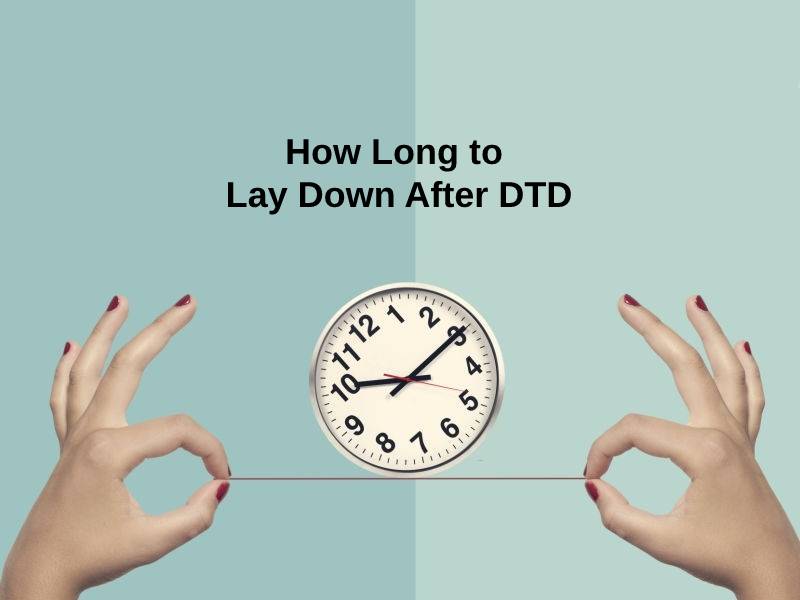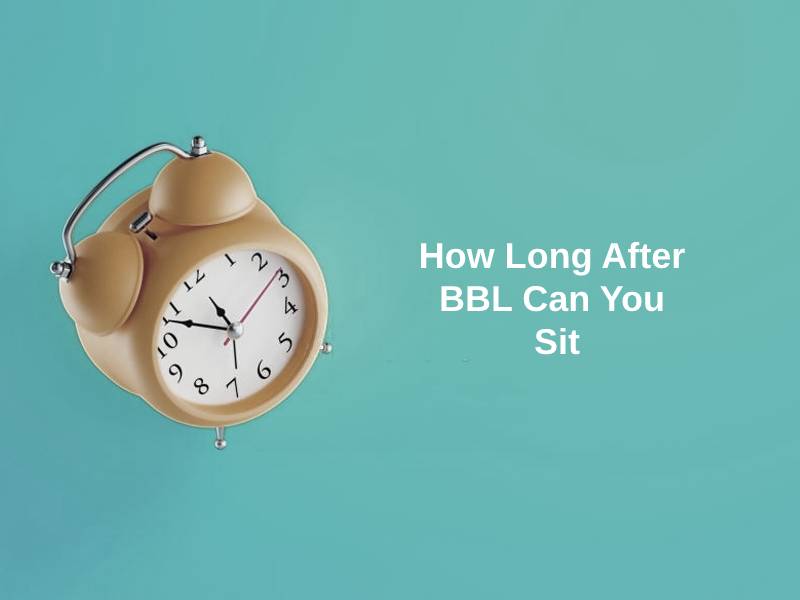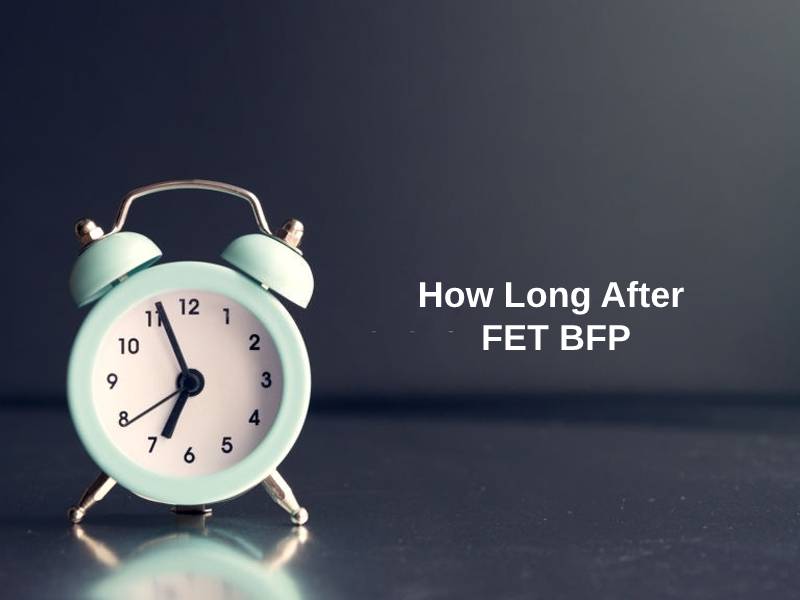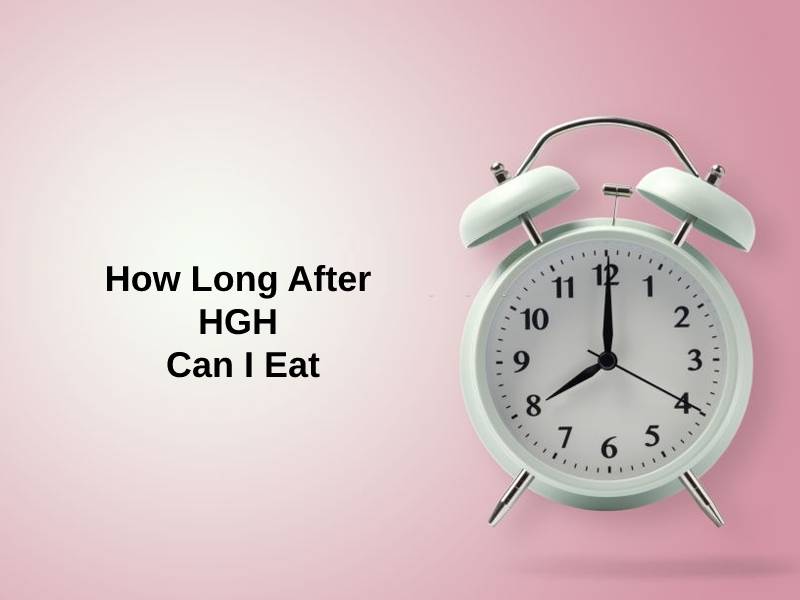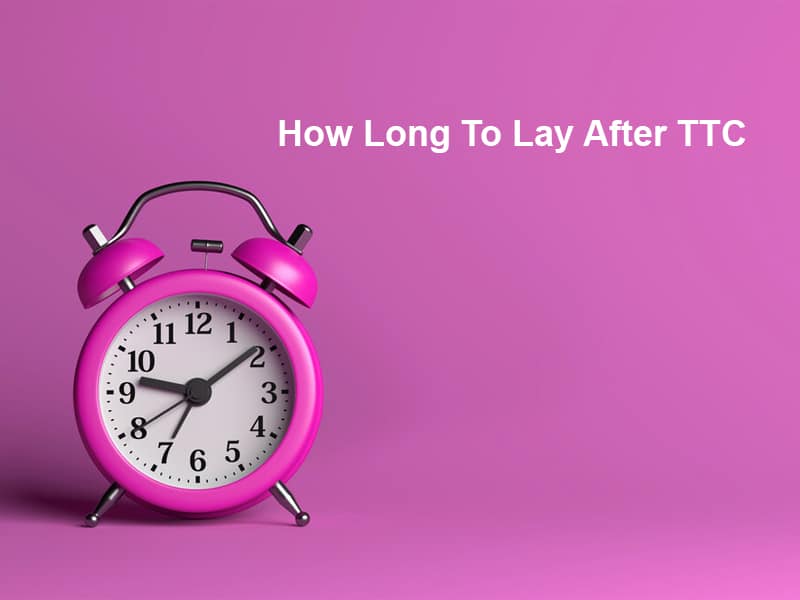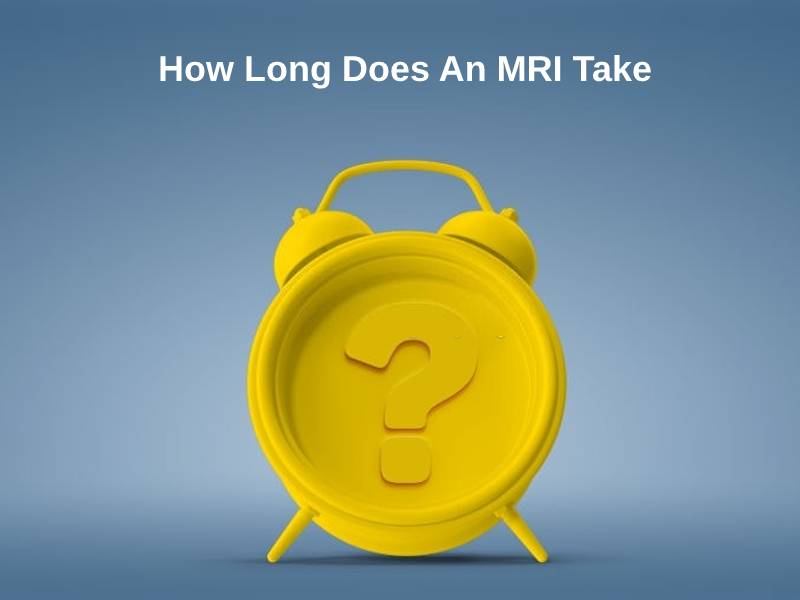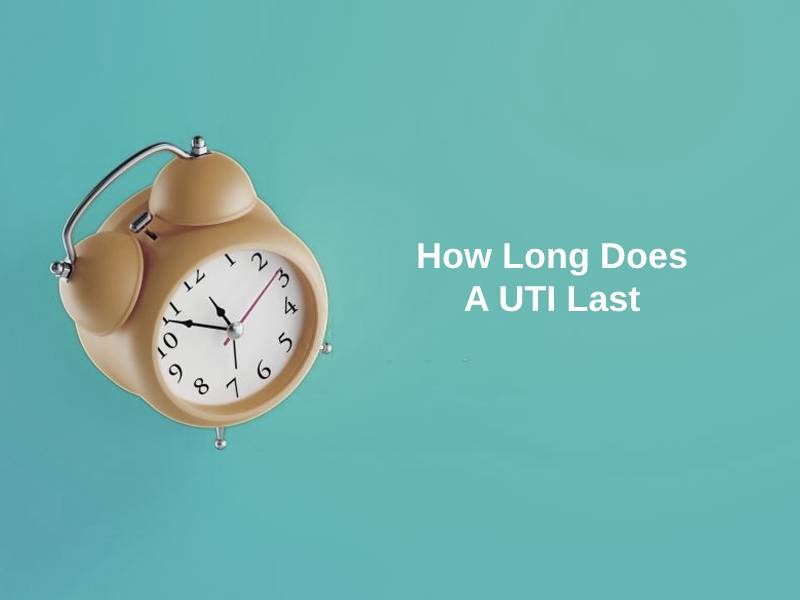Exact Answer: Up to 6 months
Cardiac ablation is a way to get back your normal heartbeat. This process is considered by the doctor for the patients if no medication works for setting the heartbeat. In this procedure, the use of energy makes small scars in the heart tissues. These scars would stop the unwanted and unusual electric signals from moving inside the heart.
These signals are responsible for disturbing the heartbeat. The condition of uneven heartbeat is also known as arrhythmia. Many doctors found cardiac ablation as an effective treatment for AFib (Atrial fibrillation).

How Long Does It Take To Recover From A Cardiac Ablation?
| Cardiac Ablation | How Long Does It Take To Recover From A Cardiac Ablation |
| Catheter ablation | Up to 2 months |
| Maze procedure | Up to 8 weeks |
| Open heart surgery | Up to 6 months |
| Convergent procedure | Up to 2 months |
The recovery time for cardiac ablation would be different for each type of cardiac ablation procedure. Catheter ablation would require the patient to stay in the hospital for at least one night, and the full recovery time will be 2 months. The first two days after the maze procedure, the patient will have to stay under observation in the intensive care unit.
The full recovery phase for the maze procedure will be around 7 to 8 weeks. The patients have to take a few medications for the procedure. The nurse will keep an eye on the patient’s heartbeat and blood pressure. For the maze procedure, the patient has to stay in the hospital for around 7 days.
The patient has to stay in the hospital for around 4 days in the mini maze procedure. The rest hours in the intensive care unit for mini-maze is around 24 hours or less. Open heart maze requires 7 days stay in the hospital for the patient. The full recovery time for open-heart surgery is around 6 months.
The patients undergoing the convergent procedures will take around 2 months to recover fully.
Why Does It take This Long To Recover From A Cardiac Ablation?
After the cardiac ablation process is over, the patient would require 6 months to recover completely. The cardiac ablation process can be done in two ways. These are:
Cardiac catheter ablation
Cardiac surgical ablation
Pulmonary vein ablation or cardiac catheter ablation is done with the help of a thin tube called a catheter. Cardiac catheter ablation is not a type of surgery. Radiofrequency ablation and cryoablation are two ways to perform cardiac ablation that comes under the cardiac catheter ablation. In radiofrequency ablation, microwave heat or radiofrequency energy is used.
In cryoablation, the catheter is used to send a balloon set or tipped with a material that helps in making scars by freezing the tissues. After the cardiac catheter ablation is done to a patient using radiofrequency or cryoablation process, the patient may take at least 8 weeks to recover. Cardiac surgical ablation is another way to treat the uneven heartbeat.
In cardiac surgical ablation, the patient’s chest is cut for treating the unusual signals. There are 3 more different kinds of cardiac ablation. These are:
Maze procedure
Mini maze
Convergent procedure
In the maze procedure, the doctor will do tiny cuts in the upper portion of the heart. Then the doctor would stitch these small cuts together to form scar tissue. The scar tissue would stop the usual heartbeat. Mini maze is another open-heart surgery where the doctor would use the camera to catheter ablation after making small cuts in between the two ribs.
The camera helps in guiding the right path to make scar tissues to help the uneven heartbeat. The convergent procedure is a combination of a mini maze with catheter ablation. In a convergent procedure, the surgeon uses the radiofrequency energy outside the heart by making small cuts under the breastbone.
The radiofrequency ablation is used by the doctor in the pulmonary vein in the convergent procedure.
Conclusion
The recovery time for the cardiac ablation depends on the lifestyle, food habits, and how the person takes care of the body. All the doctors will ask the patients to leave the bad habits such as smoking, and alcohol. To recover in a faster manner the patients should take proper rest. The patients should not gain weight as weight management is vital for the recovery phase.
The doctor will ask the patient to have good mental health with no stress and depression.

